Multivessel Coronary Artery Disease
Multivessel coronary artery disease. Coronary artery bypass grafting CABG is one of the most commonly performed surgical operations worldwide and is currently considered as the revascularization strategy of choice for multivessel coronary artery disease 1 1 Serruys PW Morice MC Kappetein AP Colombo A Holmes DR Mack MJ et al. 8 This was also the case for the VA CARDS Coronary Artery Revascularization in. HCR is increasingly used to treat multivessel coronary artery disease that includes stenoses in the proximal left anterior descending artery and at least 1 other vessel but its effectiveness has not been rigorously evaluated.
We sought to assess the relative merits of different revascularization strategies in patients with ST-segment elevation myocardial infarction STEMI. Several early surgical studies confirmed the belief that better clinical outcomes were obtained when each and every angiographically visible stenosis was bypassed by a distal anastomosis. Free Online Library.
The aim of the present study was to investigate major cardiac events and the similarities and differences of medical costs among patients with multivessel complex coronary artery disease MCCAD during the three-year follow-up. Studies of survival of patients with multivessel coronary artery disease MVD in the prestent era suggested that outcomes after coronary artery bypass surgery CABG are similar to those after percutaneous coronary intervention PCI in subsets of coronary severity. Percutaneous coronary intervention versus coronary-artery bypass grafting for severe coronary artery.
Health general Blood circulation disorders Care and treatment Complications and side effects Research Coronary arteries. Spontaneous multivessel coronary artery dissection in a wrestlerBir gurescide spontan coklu koroner arter disseksiyonuCase ReportOlgu Sunumu Case study Clinical report by The Anatolian Journal of Cardiology Anadolu Kardiyoloji Dergisi. However the study was underpowered for such a statement.
The prevalence of American College of CardiologyAmerican Heart Associationdefined complex lesions long lesions and triple vessel disease was. Importance Cardiogenic shock after acute myocardial infarction AMI is associated with high mortality particularly among patients with multivessel coronary artery disease. Multiple comparative studies have evaluated the safety and feasibility of HCR and coronary artery bypass grafting CABG for multivessel coronary artery disease MCAD.
Recent evidence suggests that use of multivessel percutaneous coronary intervention PCI may. The proportion of patients with the left main coronary artery as the culprit vessel was 67 in the 1stage MVR group. Although both percutaneous coronary intervention PCI and coronary artery bypass grafting CABG are used in patients with CS with multivessel coronary disease the optimal revascularization strategy in this setting remains unknown.
Cardiovascular disease is the leading cause of death in patients with ESRD1Coronary heart disease affects 3060 of patients with ESRD and it usually involves multiple vessels proximal lesions heavy calcifications or diffuse disease24Because of the high burden and poor prognosis of coronary disease in this patient population optimal management of coronary heart disease. The hybrid approach provided excellent long-term outcome in terms of freedom from cardiac death and reoperation.
The aim of the present study was to investigate major cardiac events and the similarities and differences of medical costs among patients with multivessel complex coronary artery disease MCCAD during the three-year follow-up.
Several early surgical studies confirmed the belief that better clinical outcomes were obtained when each and every angiographically visible stenosis was bypassed by a distal anastomosis. Hybrid revascularization in multivessel coronary artery disease Our 13-year experience with MIDCAB demonstrates that the operation is safe and associated with a very low incidence of early and late complications. In patients with left main or three-vessel coronary artery disease a heart team treatment decision-making based on coronary CTA showed high agreement with the decision derived from conventional coronary angiography suggesting the potential feasibility of a treatment decision-making and planning based solely on this non-invasive imaging modality and clinical information. The MCCAD patients had undergone single complete revascularization CR. Multi-vessel coronary artery disease CAD is a disease stage in which at least two or three of the epicardial coronary arteries is involved with atherosclerosis of significant severity. 12 Similarly among patients with multivessel disease treated with percutaneous coronary intervention PCI complete revascularization was found to provide a significant advantage over incomplete revascularization. Multiple comparative studies have evaluated the safety and feasibility of HCR and coronary artery bypass grafting CABG for multivessel coronary artery disease MCAD. Health general Blood circulation disorders Care and treatment Complications and side effects Research Coronary arteries. The aim of the present study was to investigate major cardiac events and the similarities and differences of medical costs among patients with multivessel complex coronary artery disease MCCAD during the three-year follow-up.
Multivessel disease is often associated with a higher burden of comorbidities. 12 Similarly among patients with multivessel disease treated with percutaneous coronary intervention PCI complete revascularization was found to provide a significant advantage over incomplete revascularization. Although both percutaneous coronary intervention PCI and coronary artery bypass grafting CABG are used in patients with CS with multivessel coronary disease the optimal revascularization strategy in this setting remains unknown. The hybrid approach provided excellent long-term outcome in terms of freedom from cardiac death and reoperation. Multi-vessel coronary artery disease CAD is a disease stage in which at least two or three of the epicardial coronary arteries is involved with atherosclerosis of significant severity. We sought to assess the relative merits of different revascularization strategies in patients with ST-segment elevation myocardial infarction STEMI. The prevalence of American College of CardiologyAmerican Heart Associationdefined complex lesions long lesions and triple vessel disease was.

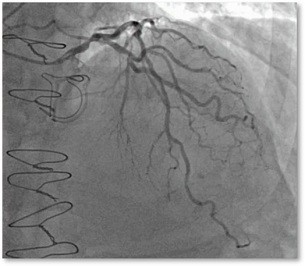
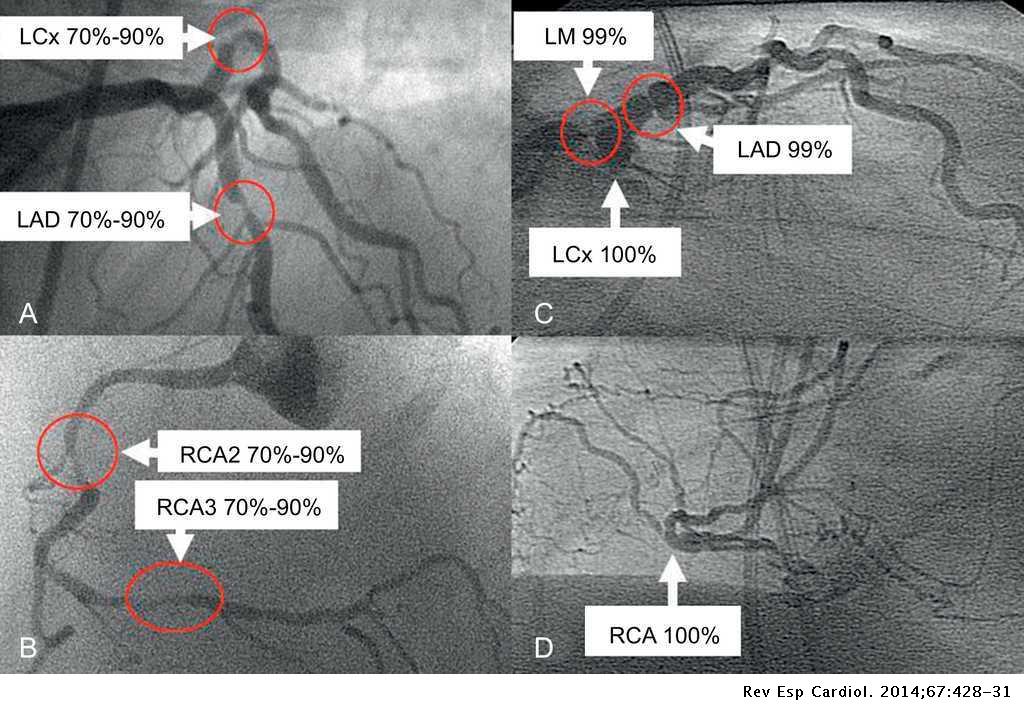






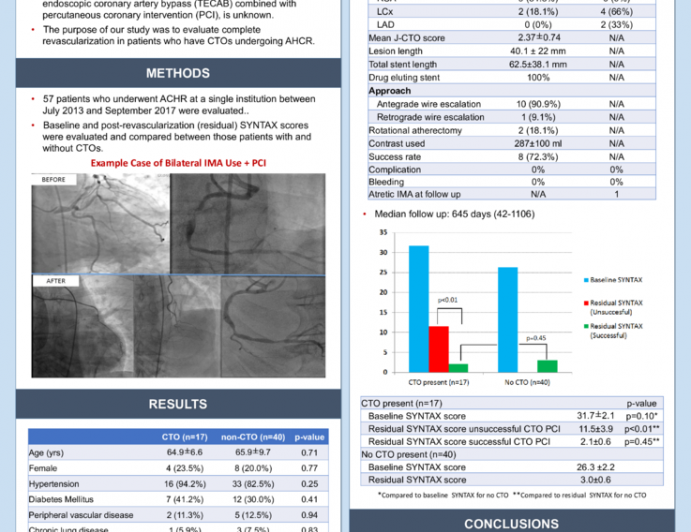




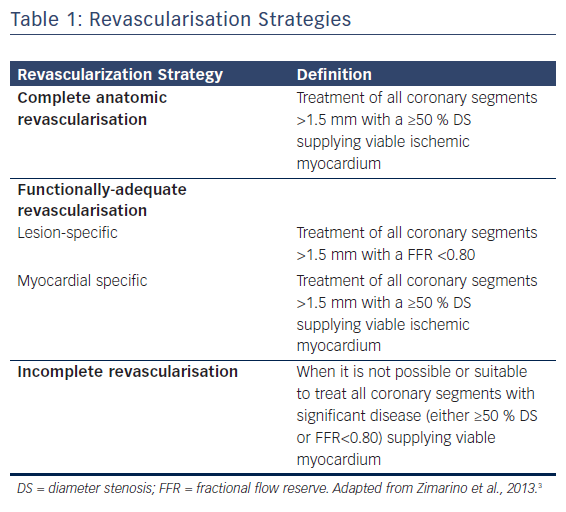


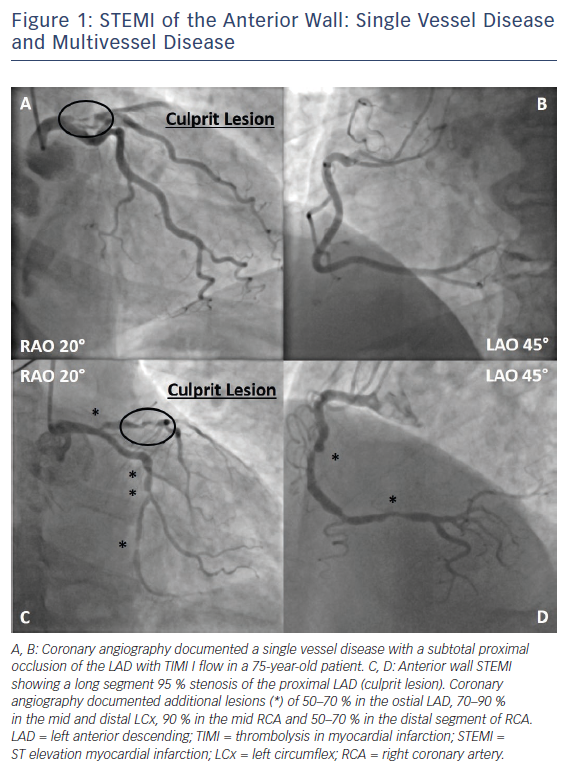


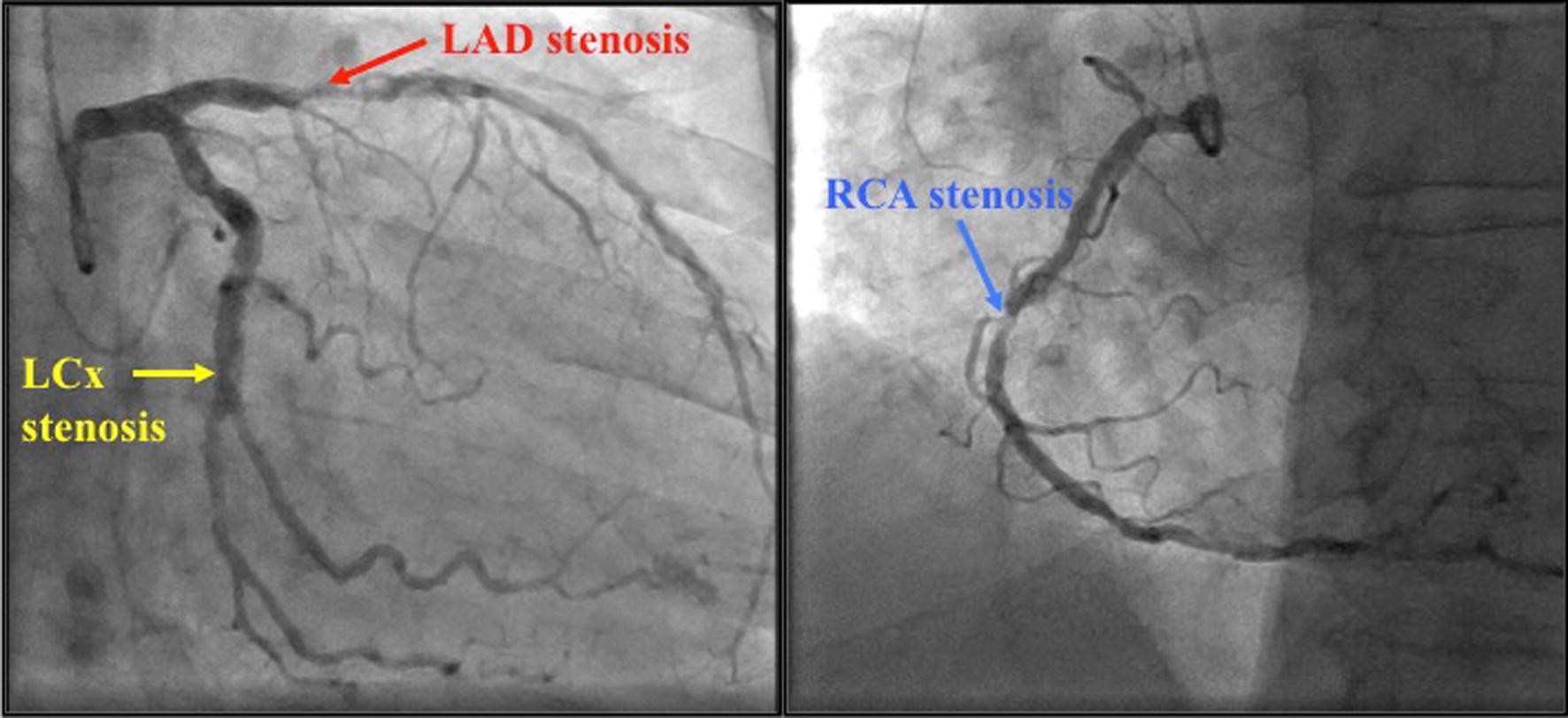
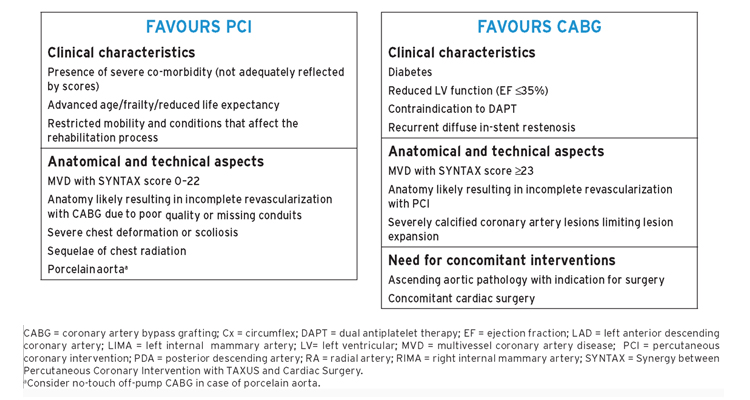
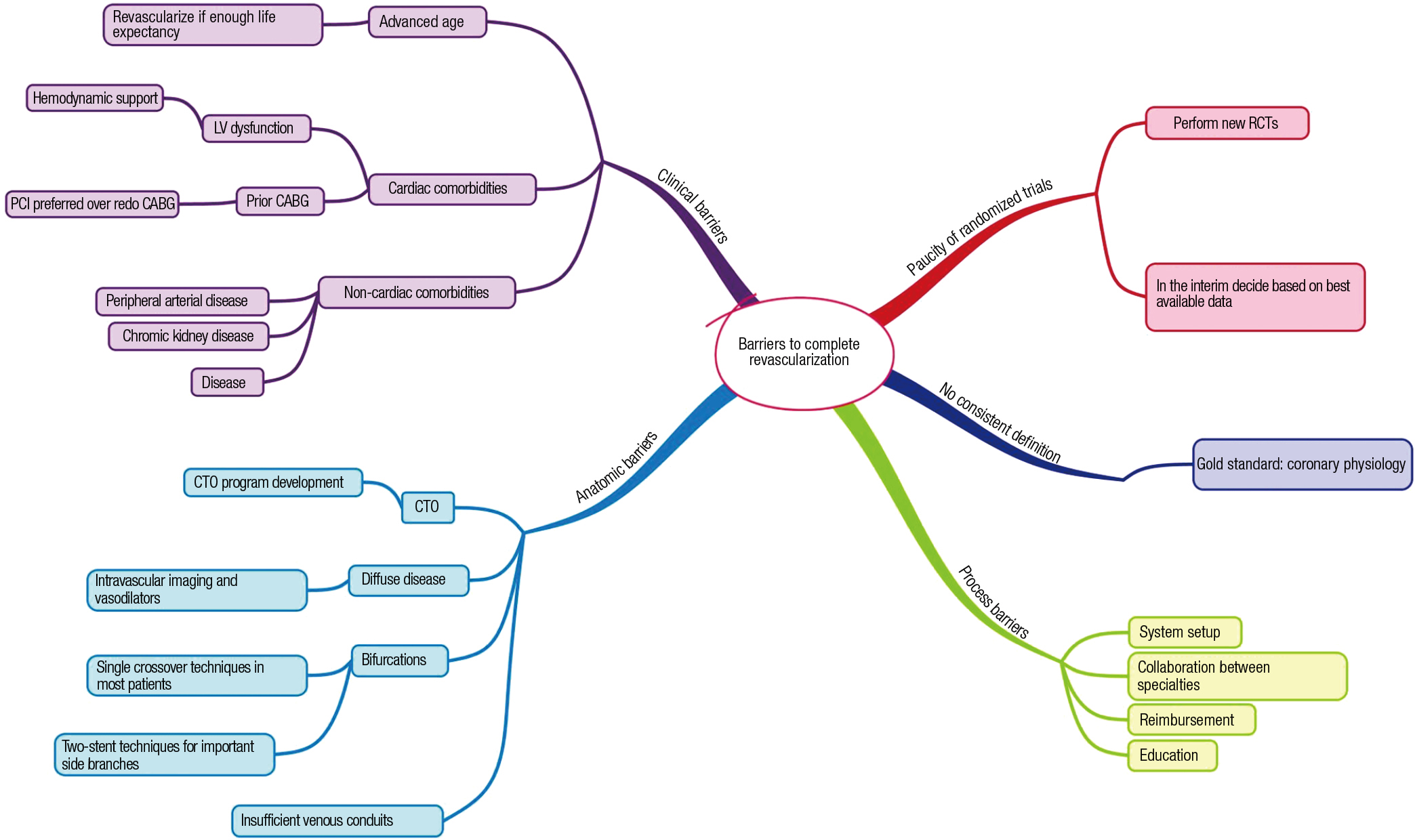
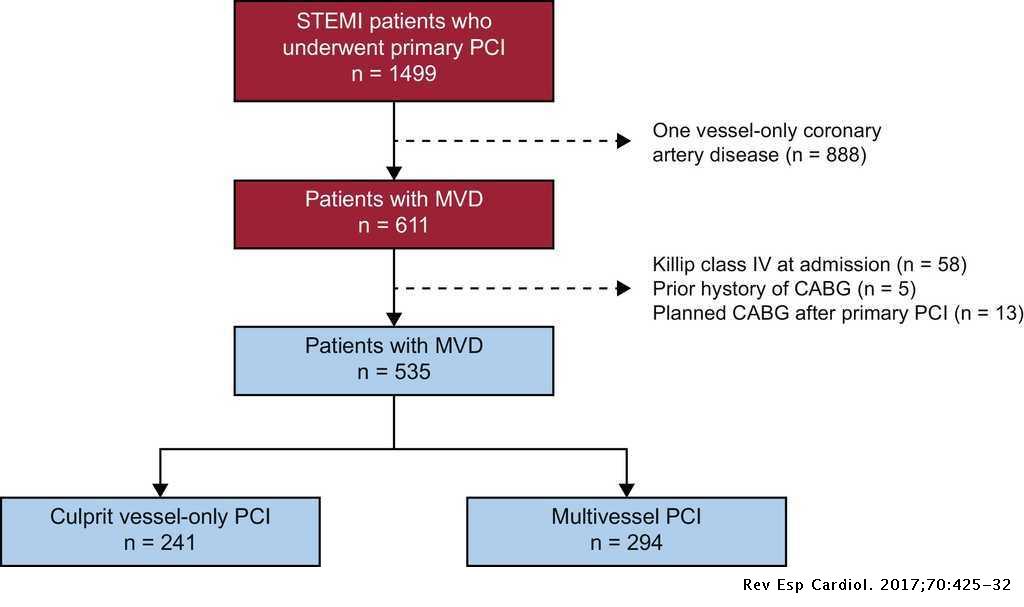



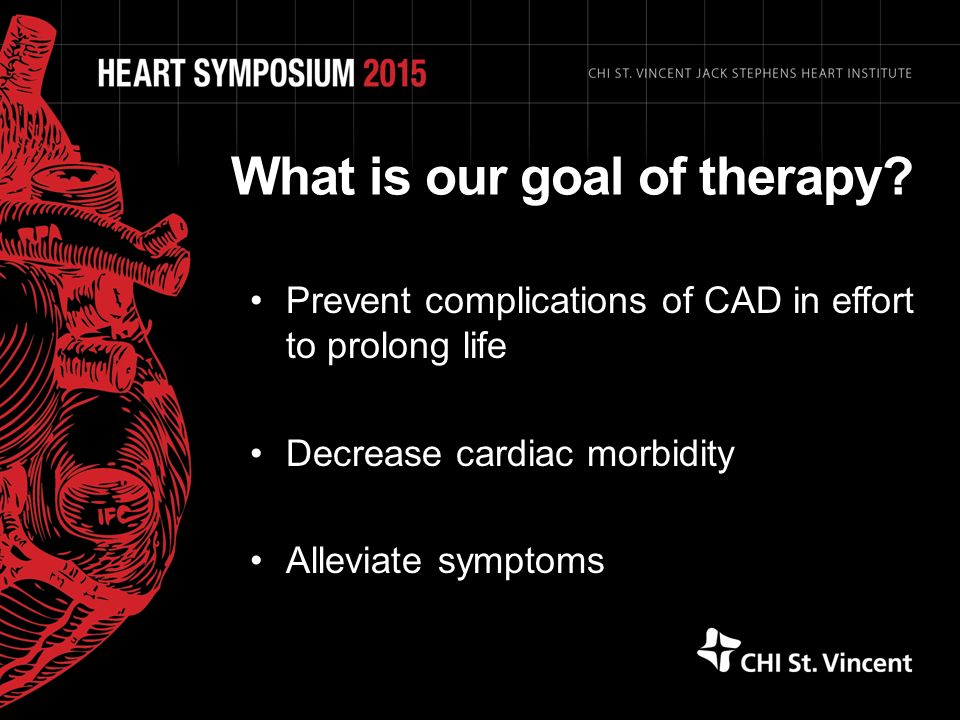

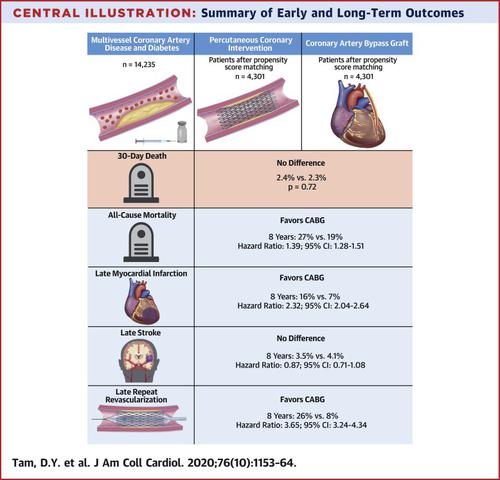






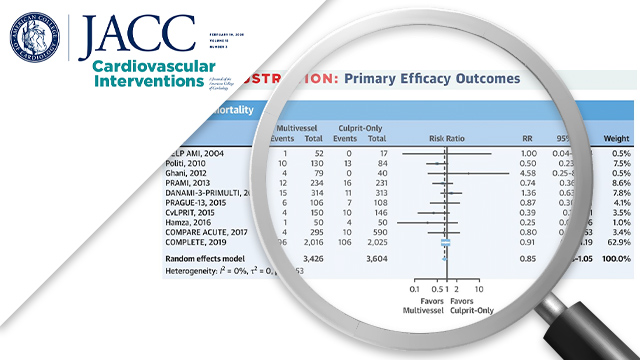


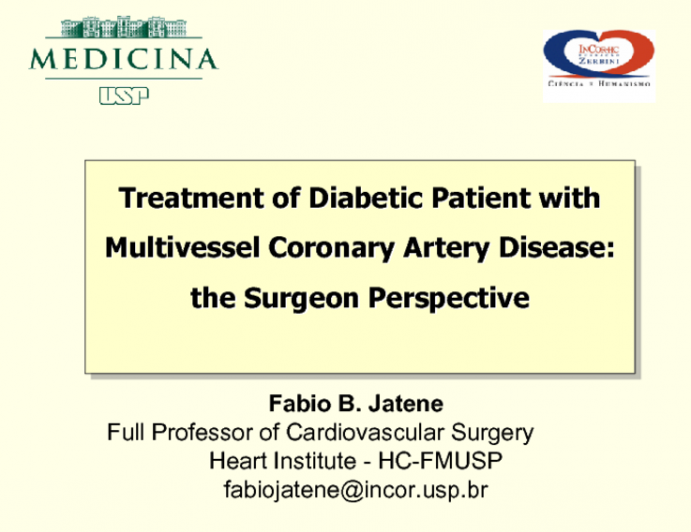



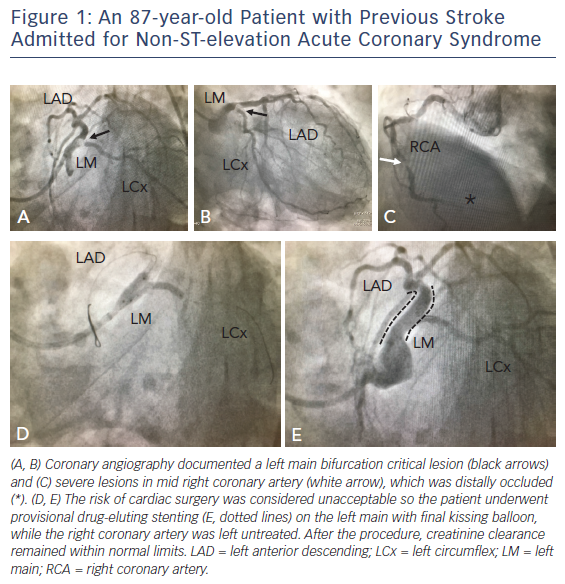


Posting Komentar untuk "Multivessel Coronary Artery Disease"